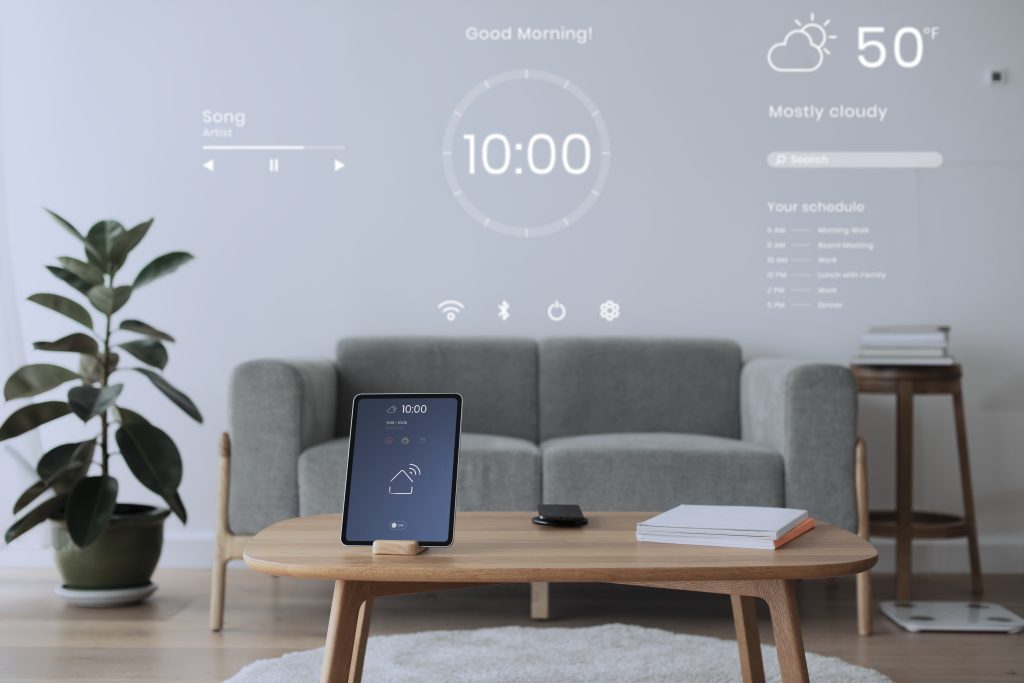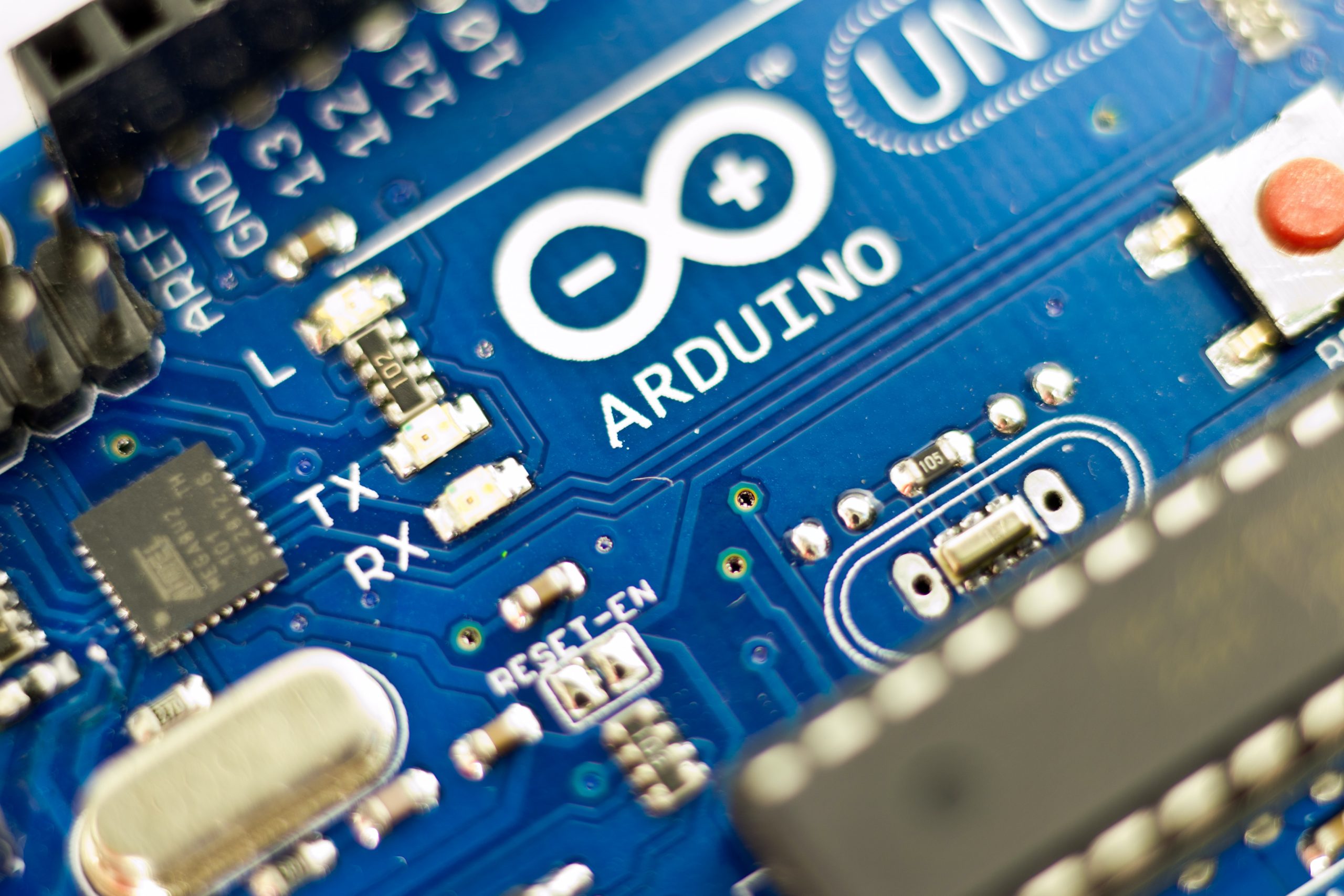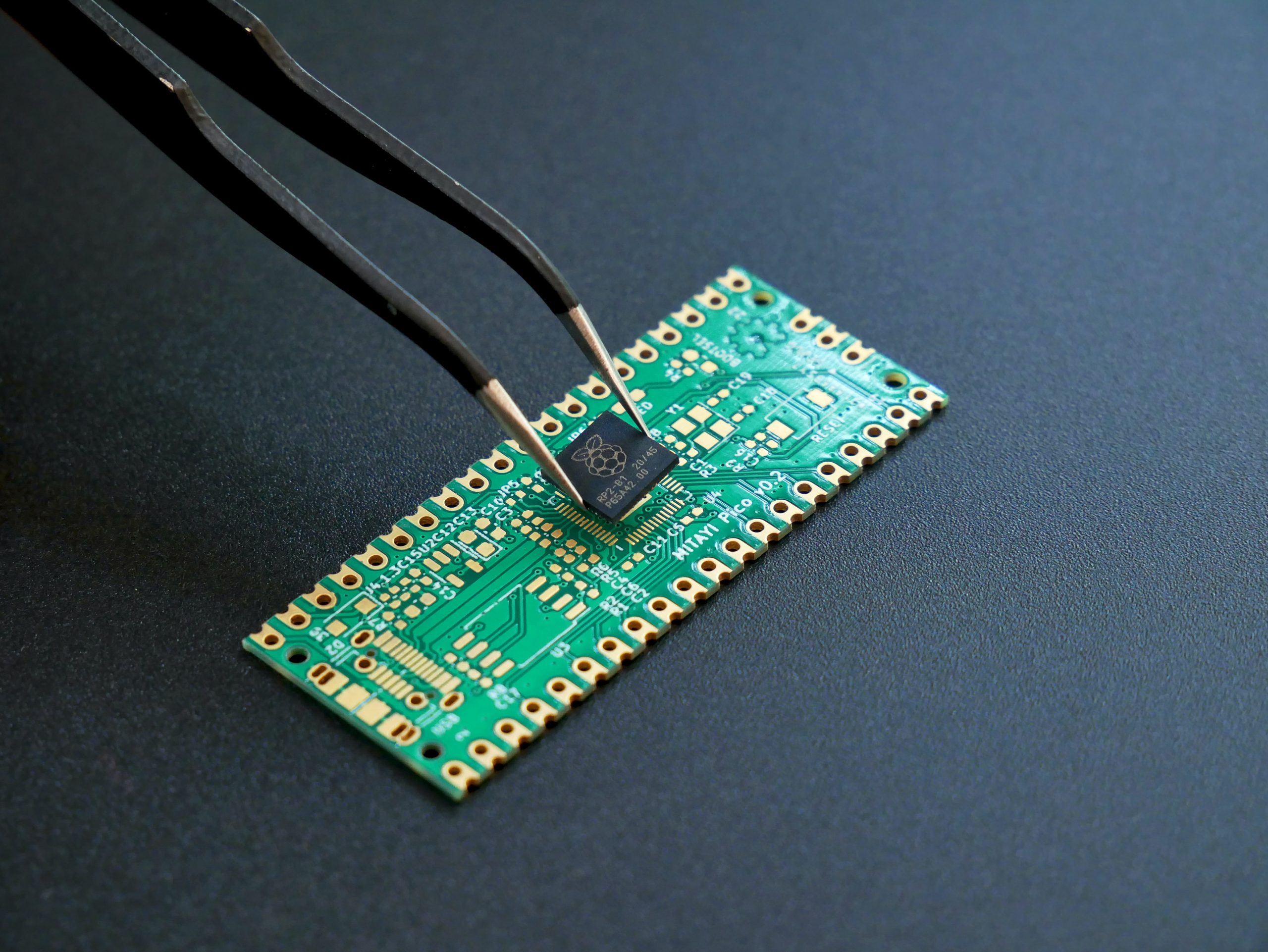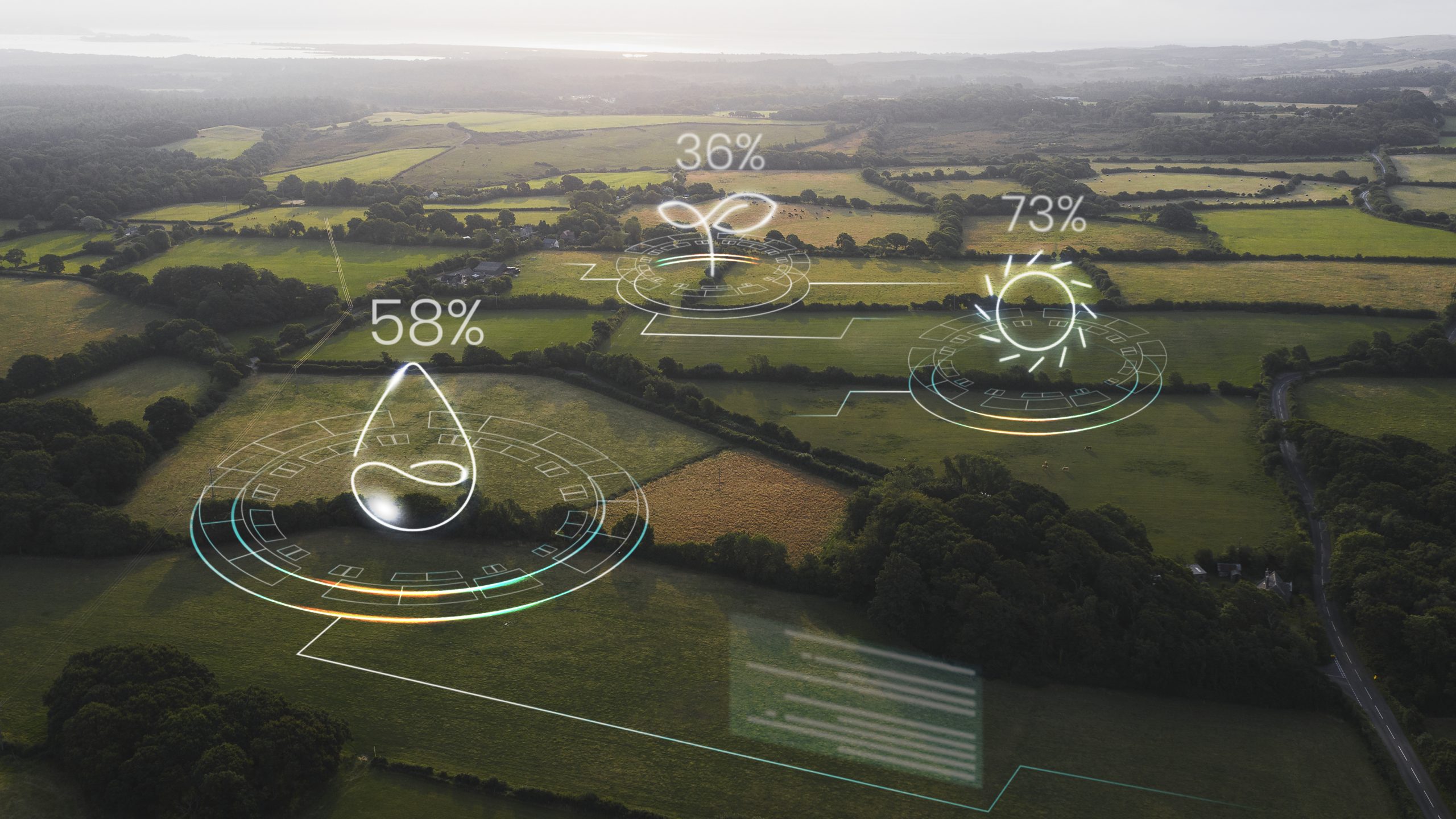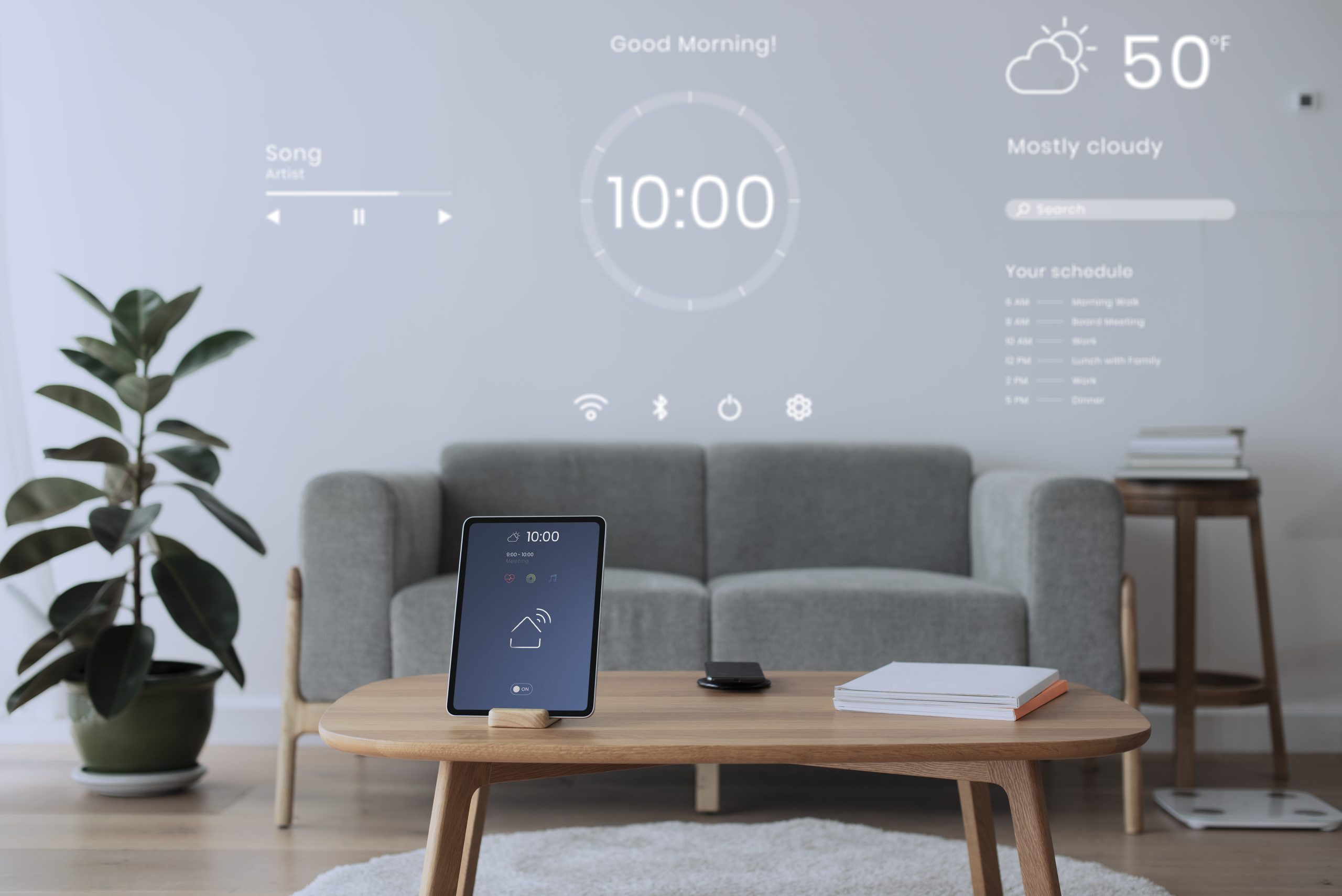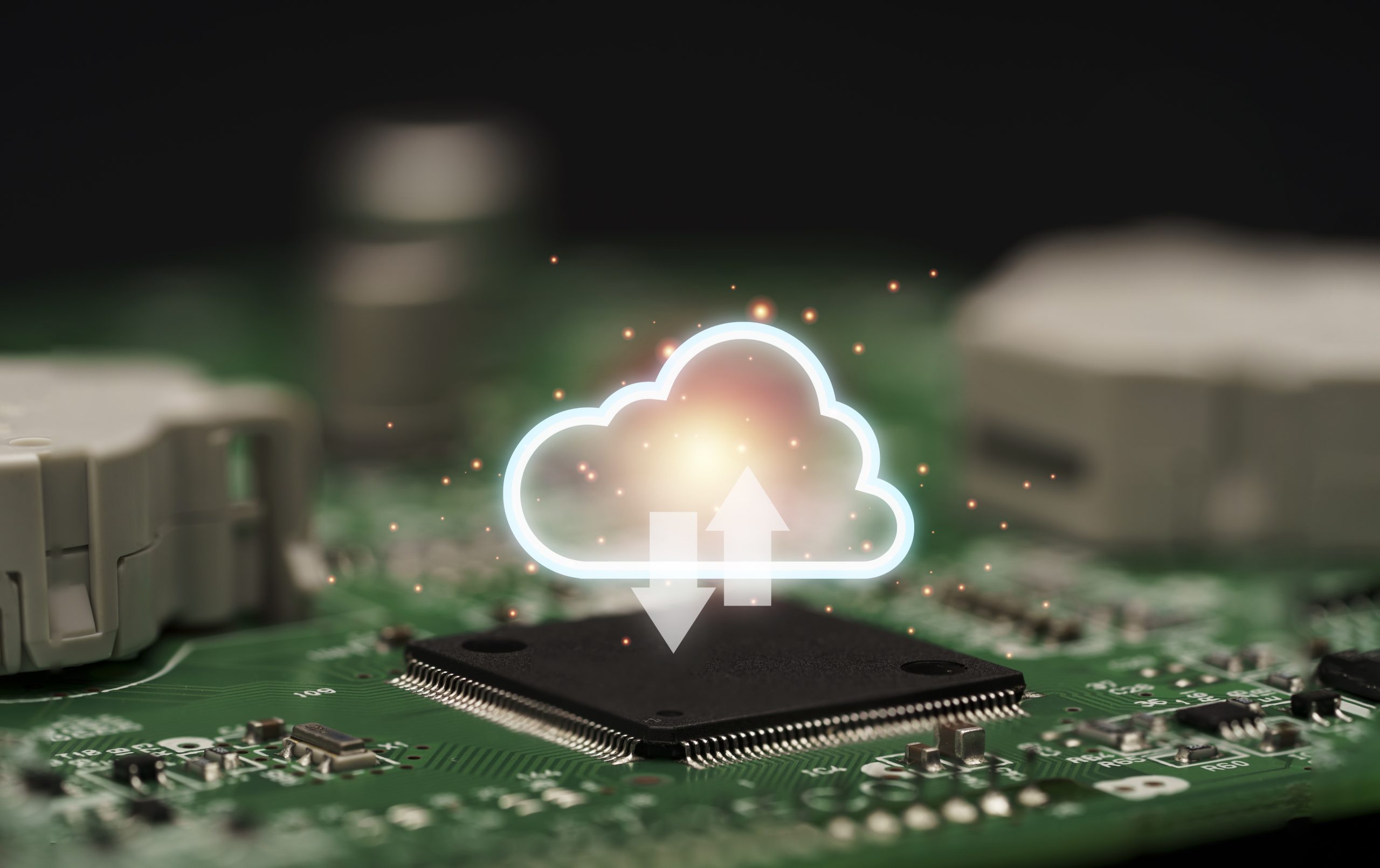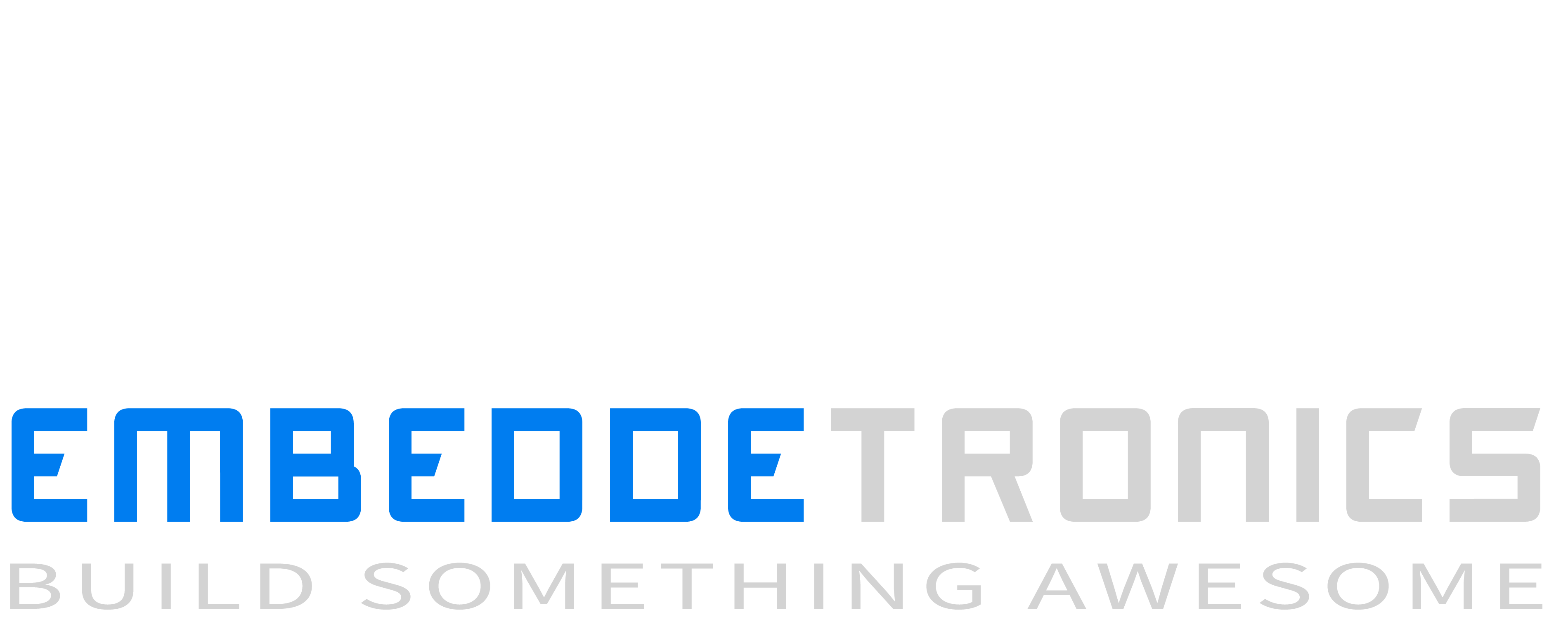As technology becomes more advanced, it is designed to make all daily activities easier, not just in business and work, but also in the home, which has undergone a revolution.
So what we will be discussing today is Smart Home Automation or the smart home technology system, which is already quite widely used in homes and buildings in developed countries. Let's start the discussion directly.
Smart Home Automation refers to a home technology system that allows a house to be controlled automatically through digital devices such as smartphones, tablets, or computers. This technology helps the homeowner to enhance the level of security, comfort, and efficiency of electricity and human energy by easily controlling various household appliances.
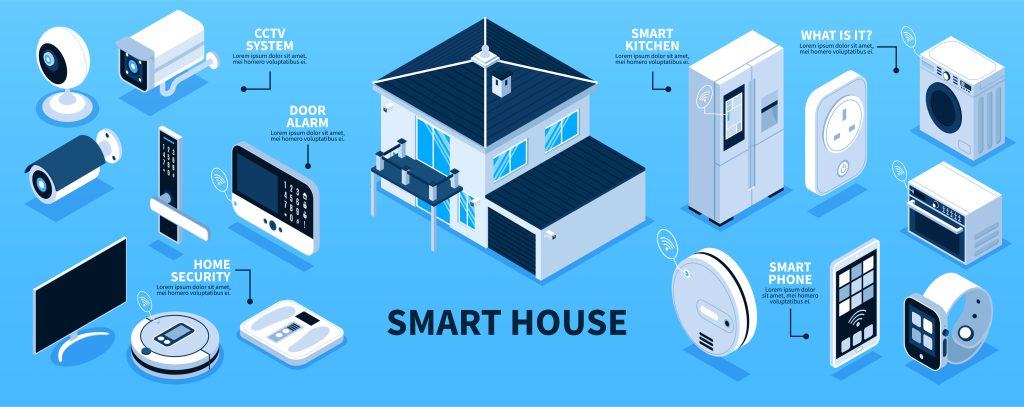
Image by macrovector on Freepik
The concept of Smart Home refers to a system of devices and sensors that are controlled by the user through a mobile application or voice commands. Lights, room temperature, television, CCTV cameras, AC devices and others can be controlled with various functions. Smart homes can perform automatic commands based on user-defined parameters that have been set previously.
Actually, the concept of a smart home adopts a system based on IoT or the Internet of Things, which connects all household devices to the internet, so that the connected devices can be controlled or monitored by the home owner from a distance.
Here are some smart home devices that can be used to build a smart home automation system.
- Digital Thermostat: A smart thermostat that can be programmed and controlled through a mobile app.
- Lighting System: Smart lights and switches that can be controlled through a mobile application or voice commands.
- Security Camera: Smart security camera that can be monitored through a mobile app and has features such as motion detection and audio monitoring.
- Voice Commands: A feature that allows the user to control various smart home devices using voice commands through devices such as Amazon Alexa or Google Home.
- Security System: A system consisting of door and window detectors, motion sensors, and alarms that can be controlled through a mobile application.
- Smart Door and Window: Smart doors and windows that can be opened and closed via a mobile application or voice command.
- Water Supply: A water management system that can be programmed and controlled via a mobile application.
- Energy Monitoring: A system that monitors energy consumption and helps homeowners save energy.
- TV Controller: A TV controller that can be programmed and controlled via a mobile application or voice command.
- Temperature Control System: A temperature control system that can be programmed and controlled via a mobile application.
These are just a few examples of smart home devices. There are many more devices that can help build a smart home system according to the needs and preferences of the homeowner.
The Benefits of Smart Home Automation
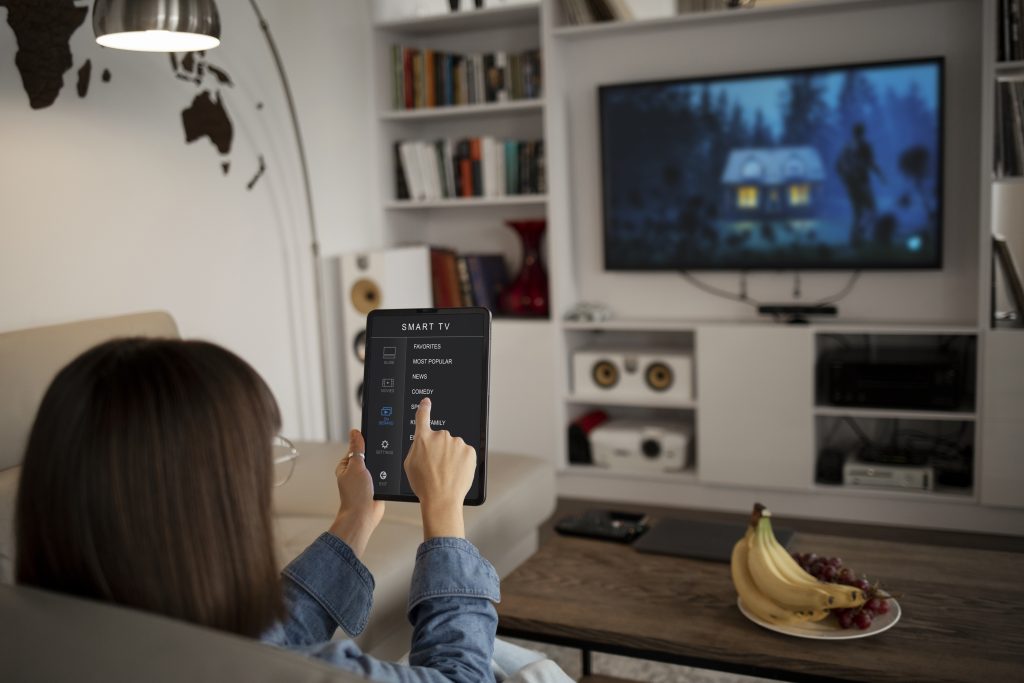
- Energy Efficiency: The automated temperature and lighting control system can help save energy and extend the lifespan of appliances.
- Comfort: The programmable air conditioning and lighting system can make the home feel more comfortable and ensure that the temperature and lighting are only active when needed.
- Security: Security systems such as door and window alarms, security cameras, and monitoring systems can help enhance the security of the home and prevent theft.
- Convenience: Smart home automation makes life easier and more comfortable by allowing homeowners to control household appliances from a distance using a mobile device.
That's a about smart home automation. If understood and applied correctly, smart home automation can help homeowners significantly improve the efficiency, comfort, and security of their home.
